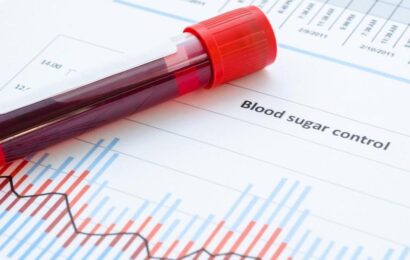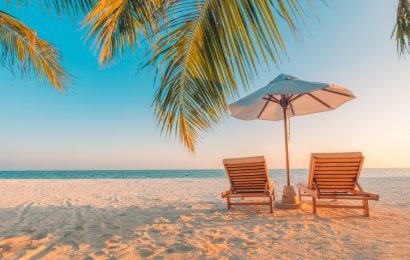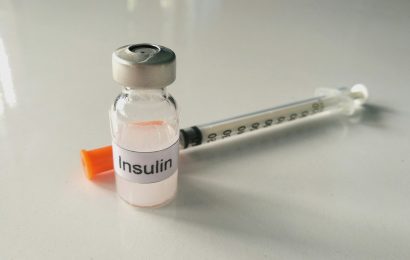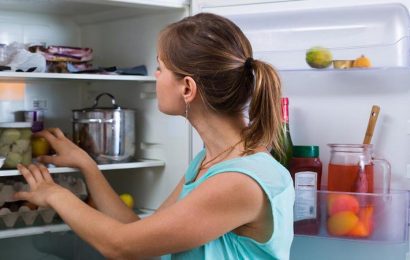I got thinking a little more about all of these enhanced waters last week. So when I went to the grocery store, I spent a bit longer than usual in the beverage aisle. I was amazed at the assortment of enhanced waters — I didn’t realize there were so many! No wonder people get confused about what to buy.
I will admit that the beverage companies do a fine job at drawing a person in with the packaging. The bottles sport attractive, eye-catching labels, and even the color of some of the drinks is appealing. (These companies sure have savvy marketing teams!) Anyway, I felt compelled to share a little more on my journey to “enhancement” with you.
SoBe Lifewater
This is Pepsi’s counterpart to Coca-Cola’s VitaminWater. One thing these waters have in common is flashy product Web sites that spout philosophical sayings. But try to find nutrition information on these sites, and you’ll soon become frustrated: When it’s there at all, this information is definitely not easy to locate. But I did learn from the Web site that not only does Lifewater provide you with a “high level of vitamins and antioxidants,” it throws in natural herbs, too, all without artificial sweeteners.
I bought a bottle of Lifewater to check out the nutrients and ingredients. Here’s the data on the 20-ounce bottle of “Enlighten” Blackberry Grape Lifewater:
- Serving size: 8 ounces (2.5 servings per bottle)
- Calories: 40
- Carbohydrate: 16 grams
- Sodium: 20 milligrams (“to help enhance smoothness and flavor”)
If you drank the entire 20-ounce bottle, you’d swig down 100 calories, 40 grams of carbohydrate, and 50 milligrams of sodium, plus 100% of your daily requirement for vitamin C, 50% for vitamin E, and 25% of various B vitamins (these are the antioxidants they’re referring to).
The ingredient listing is the best, though: filtered water, sugar, erythritol (a sugar alcohol), natural flavor, fumaric acid, black carrot juice concentrate (for color), plus various vitamins, modified food starch, gum arabic, L-theanine, and yerba mate extract. If you’re wondering, L-theanine is an amino acid found only in tea plants and used extensively in beverages in Japan. It apparently helps to relieve stress by inducing relaxation via stimulation of alpha waves (a type of brain wave associated with relaxation), and it possibly may boost resistance to infections. SoBe doesn’t reveal how much L-theanine is in their Lifewater; fortunately, there are few reported harmful side effects (although just as few reported benefits).
Yerba mate is an herb that’s consumed in South America as a tea. It’s claimed that yerba mate has a number of health benefits, although none have been proven. Yerba mate does have side effects, including irritability, nausea, headache, and increased urination. Interestingly, this herb contains caffeine. So, on the one hand, “Enlighten” contains an herb that relaxes you, but on the other hand, it contains an herb that helps perk you up… Is this the path to enlightenment?
What surprises me the most, though, is that there’s not a blackberry or grape to be found in this beverage, despite the fact that the flavor is “Blackberry Grape”.
I checked out another flavor of SoBe Lifewater: “Purify” Yumberry Pomegranate. This variety is sweetened with stevia (PureVia brand), so it contains fewer calories (0 per 8 ounces) and carbohydrate (6 grams per 8 ounces). Along with the filtered water, erythritol, stevia, xanthan gum, modified food starch, and cochineal extract (a red pigment obtained from the cochineal insect), Yumberry Pomegranate Lifewater contains ginger extract and dandelion root extract.
Ginger is likely beneficial in preventing and easing nausea associated with morning sickness due to pregnancy, motion sickness, and chemotherapy. It may also help treat inflammation due to arthritis and ulcerative colitis, and it shows some promise in lowering blood cholesterol levels. Fortunately, reported side effects are few but may include heartburn, stomach upset, and possible interaction with blood-thinning medicine. Dandelion root is used to stimulate appetite, improve digestion, and support a healthy liver and gallbladder. It also acts as a diuretic (substance that increases the production of urine). It can interact with medicines, including lithium, antibiotics, diuretics, and antacids. Once again, we don’t know how much of these herbs are in the drink.
To sum up Lifewater, this beverage, like VitaminWater, is pretty much sugar water with some vitamins and herbs thrown in for good measure.
I’d be interested to know if any of you drink these beverages… and what your thoughts are!
Part 3 next week!




